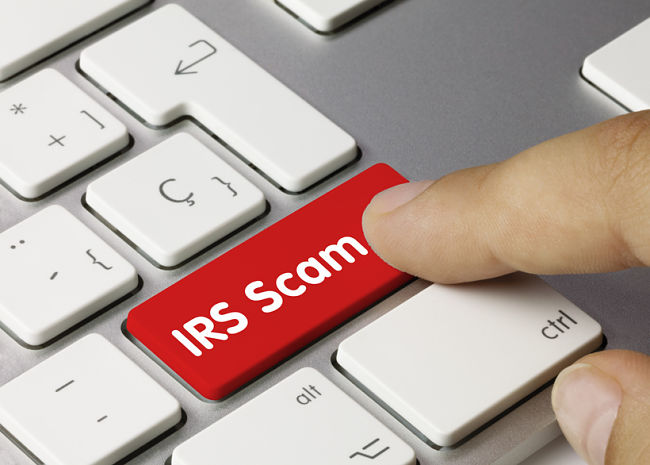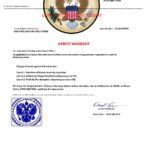Private debt collectors are going back to work for the IRS.
You know those debt collectors: the ones that generated the most complaints to the FTC this year?
The ones that get a cut of what they collect? The ones that aren’t subject to the same discipline as IRS employee?
Those collectors.
They’ll be competing with the scammers to part you from your money.
Up til now, if you got a phone call about your “debt” to the IRS, it was almost certainly a scam.
Going forward, the caller may be acting for the IRS.
That makes sorting the scammers from the legitimate more challenging. Here are some surefire ways to identify the fakes.
Three sure signs the caller IS a fake.
1. Tax debt is news to you
If this is the first you’ve heard about owing taxes, the caller is a thief.
Private collectors are permitted only when at least a third of the 10 year statute of limitations for collection of a tax has run. By that time, you should have had lots of contact with the government tax collectors.
You may not agree with the IRS, but you’ve been exposed to their side of the story.
A call that is your first hint that you owe taxes is a fraud.
2. Payment goes to the debt collector or his account
If the debt collector wants you to send money to him or his employer, he’s a scammer.
Even when a private collector is involved, payment is made to the IRS.
So if the collector demands to send the money to him, it’s a scam.
3. You have ongoing dealings with IRS
If you have a pending or accepted payment plan, have been a victim of identity theft, are subject to a levy, or have a tax case on appeal, your case will not be referred to a collection agency.
The private debt collection program is designed to get hands to work collection cases that are languishing untouched. If you are working with the IRS, your case won’t be sent to a private collector.
Report scammers: Use the“IRS Impersonation Scam Reporting” web page. You can also call 800-366-4484.
Even tax collectors subject to FDCPA
The good news is that debt collectors acting for the IRS still have to comply with the Fair Debt Collection Practices Act. They don’t get a pass because they are under contract to the feds.
In a nutshell, that means a private debt collector must validate the debt if you ask; tell the truth; refrain from harassing you with frequent or ill timed calls; and can’t contact others about your debt.
Violations of FDCPA expose the collector to lawsuit and damages.
Nothing much has changed since the days of Patrick Henry: eternal vigilance is the price of liberty.
More
Variations on the tax collector scams
Image of meerkat on alert: Marcmo






